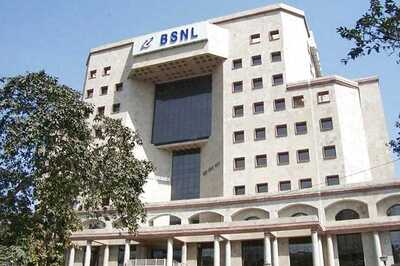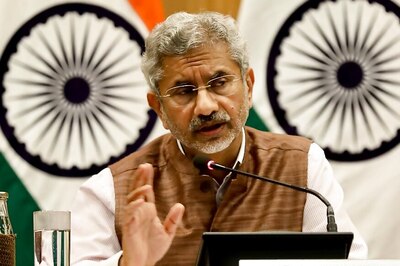
views
New Delhi: The government is in talks with cellular carriers over access to BlackBerry's encrypted email services after the Canadian company failed to meet a deadline to make the service available to security agencies.
Canadian smartphone maker Research in Motion (RIM) failed to fulfill Indian demands to monitor encrypted corporate email by a Januray 31 deadline. RIM had previously said it was confident India would not ban its services.
Last month, RIM said it had given India the means to access its Messenger service ahead of the deadline but had reiterated that it could not give the authorities access to monitor secure corporate emails.
"We don't have anything to do with BlackBerry. We are only dealing with (mobile phone) service providers," Home Secretary GK Pillai told Reuters on Thursday.
"We will be setting a deadline with them," Pillai said, but declined to name a date. He provided no further details.
The government has in the past said it would force a shut-down of the popular corporate email service if RIM did not give it access.
Last year, India demanded access to all BlackBerry services as part of efforts to fight militancy and security threats over the Internet and through telephone communications, demands echoed by several other countries that have also tried, sometimes successfully, to restrict the popular smartphone.
Indian authorities are now focusing on mobile phone operators offering BlackBerry services to subscribers in the world's fastest growing mobile phone market.
Operators in India are required by law to meet stringent security requirements and the government could force them to shut down BlackBerry services or make other requirements.
India is among several countries that want access to RIM's encrypted BlackBerry services on concerns they could be used by potential militants.
RIM encrypts email messages as they travel between a BlackBerry device and a computer known as a BlackBerry Enterprise Server (BES).
The company has said that it does not have a master key to decode emails, adding that each organisation would have the technical capability to grant access to its own encrypted enterprise email.



















Comments
0 comment